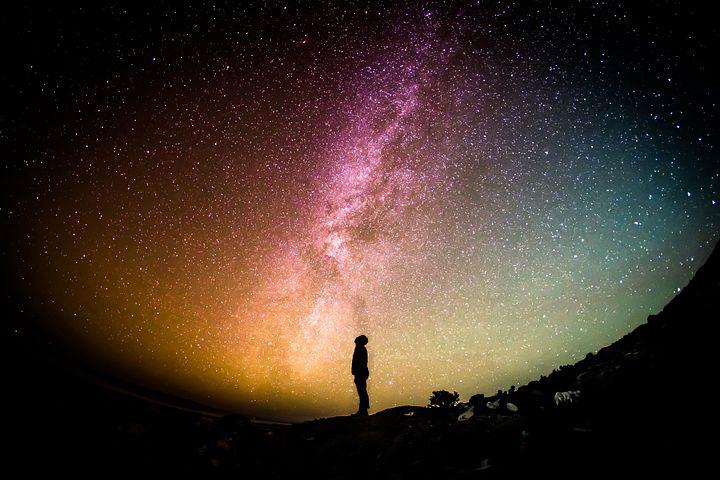She had a bump on her nose that defiled the symmetry of her side profile. She also had a very plump lower lip and a quite thin upper lip, which with her eyes – deep bowl like orbs, circular, heavy and illusory in their depthness – gave her a fish like appearance. Someone in college said Desdemona Murietta looked like Lenin’s wife who was nicknamed “fish eyes”. Desdemona fumed. However, there were more issues with her appearance. She had aggravatingly small breasts and hips so wide that her mother, since Desdemona was ten, had her on several diets with no success. In fact, the worst happened. Her breasts became smaller and this made her hips seem bigger. Some might have said Desdemona was ugly or misshapen. She was an unfortunate genetic mishap that caused her mother to constantly wring her hands.
But Desdemona had an angelic voice. She sang in the Catholic choir and her voice rang out so beautifully that an attendee noted that the Madonna’s eyes cried.
“Look, look,” exclaimed the woman. “The Madonna is crying.”
A hush fell over the church. The priest in his Sunday robe walked to the Madonna as Desdemona continued to sing and placed his finger on the tears. He tasted it and then swooned.
“The tears are salty.” The priest cried for the miracle. The Church clamored to touch the Madonna though some kept a respectful distance and marveled at Desdemona.
The priest petitioned the Church for a miracle and each Sunday that Desdemona would sing she would cause the Madonna to cry.
Desdemona left for college. She placed at the Julliard in New York City. Her beautiful voice echoed in the halls. The New York Diocese called Desdemona before them. In each corner of the room was a Madonna.
“Sing,” said the Archbishop gently. Desdemona sang from Madame Butterfly, the aria where she is on the verge of suicide. All four Madonna’s cried tears.
The Devil’s Advocate was about to question Desdemona when his own tears fell. Desdemona did not want to be a saint. She simply wanted to sing around the world. She wanted to share her art of the opera.
“I’m not a beautiful woman,” Desdemona said. “But I have beauty inside me and I sing from such a small, secret place that it disturbs the quantumness of all things. I vibrate the strings of all dimensions. I am no saint. My dear priests, look to science to explain the tears. Think they can’t be explained? Have me sing for Roger Penrose. He will cry too. And he will work out mathematically the possibility. Anything that can happen does happen. Now, I will leave you. I must practice. One day I will be on the stage and make all people cry tears, deep tears, that make them question their day, their life, the universe.
The Devil’s Advocate was still crying. “Sing for the Church,” he said. “You have the power of conversion.”
“I have the power of the universe. Good evening.”
The priests let her go and then they inspected the Madonna’s. “It’s a miracle,” said a Cardinal.
“Maybe it’s just the universe,” said the Devil’s Advocate. “And the universe is a miracle.”
“Maybe the universe simply is. Something out of nothing.” A priest set the Bible down.
“Don’t say that,” said the Cardinal.
The priest shrugged. “Come now. Don’t be afraid of science.”
An argument broiled and the priest left. He saw the ugly woman waiting at an intersection. However, in the dusky light she was more beautiful than a starry night. She was heaven. If we all access our talents and don’t let them be squandered, despite criticism and meanness, are we then all heaven? Are we then all vibrating the strings of quantum things?
THE END
